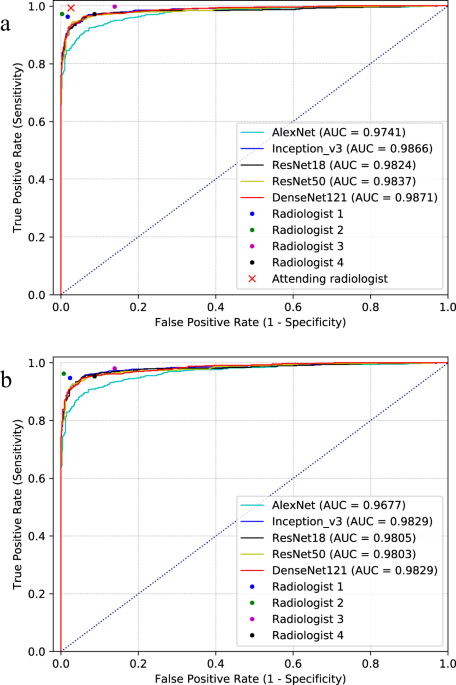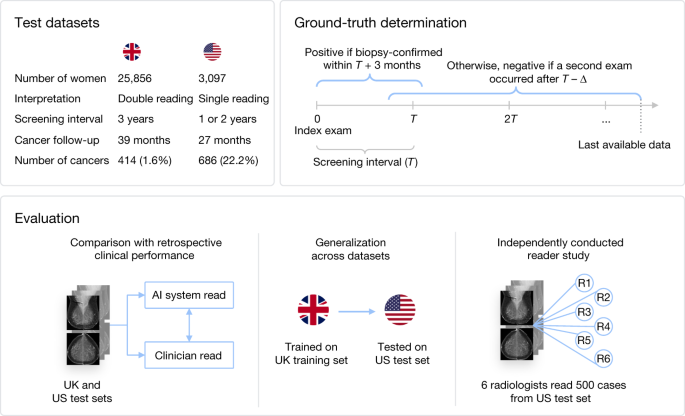Yes, AI is faster at picking up patterns. In fact, AI is damn good at identifying patterns. Radiology is pattern recognition. And it's all digital. That's convenient.
It wasn't my
single choice. My point was there are studies such as the above cited that come out DAILY.
For example, just yesterday I came across the below -- AI distinguishing normal from abnormal CXR
As one of the most ubiquitous diagnostic imaging tests in medical practice, chest radiography requires timely reporting of potential findings and diagnosis of diseases in the images. Automated, fast, and reliable detection of diseases based on chest radiography is a critical step in radiology...

www.nature.com
You really don't think AI will be able to filter normal studies in the next 10-15 years? that would equate to a HUGE drop in # of studies and a massively reduced demand for radiologists.
right now, the studies are
promising. think about in 5 years? how about 10? 15-30 years? that is all within current and future trainees working careers. i'm not trolling. i'm literally trying to be helpful to those on the fence between rads.
apply rads again? LOL. by that time it very well may be - "humans need not apply"



